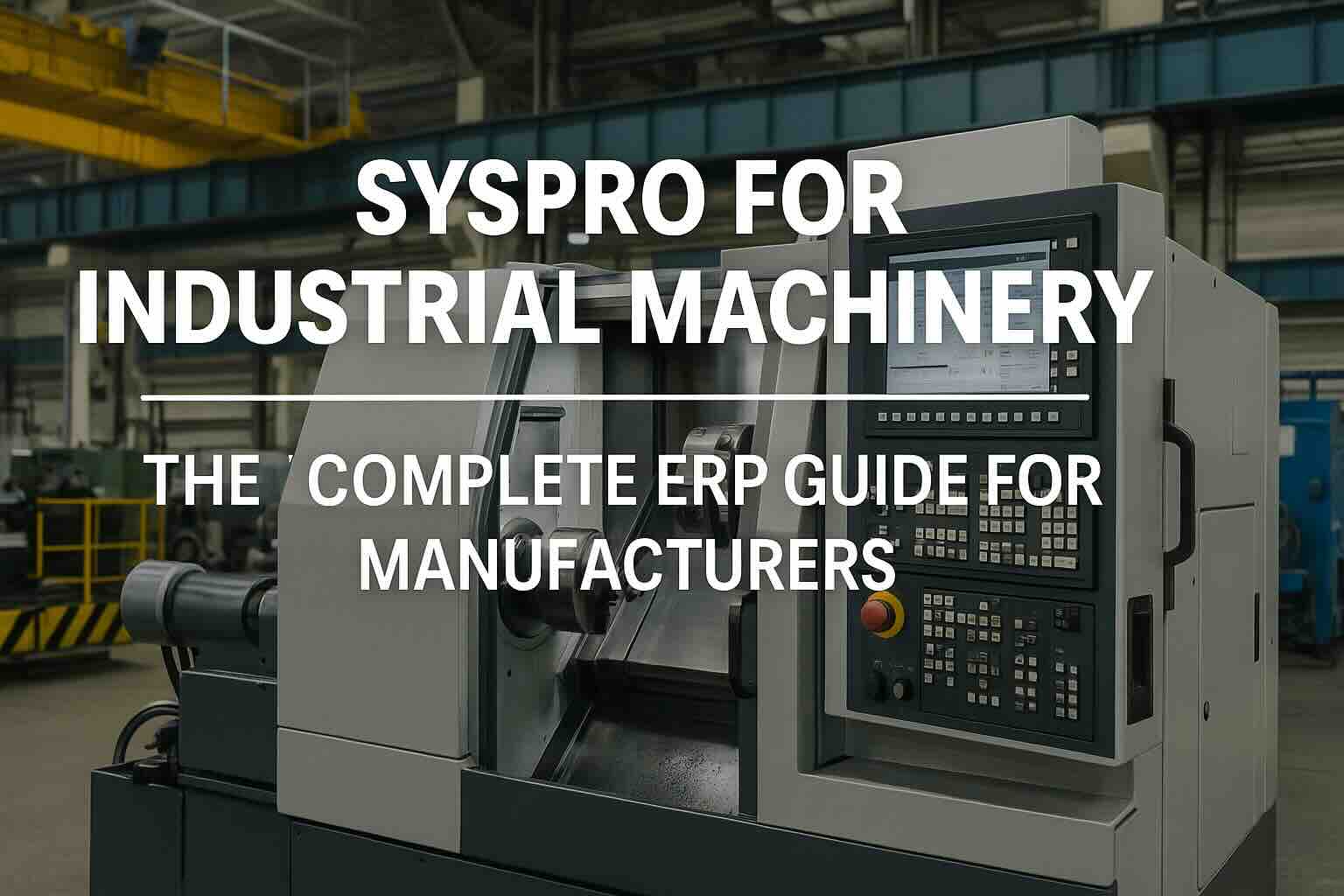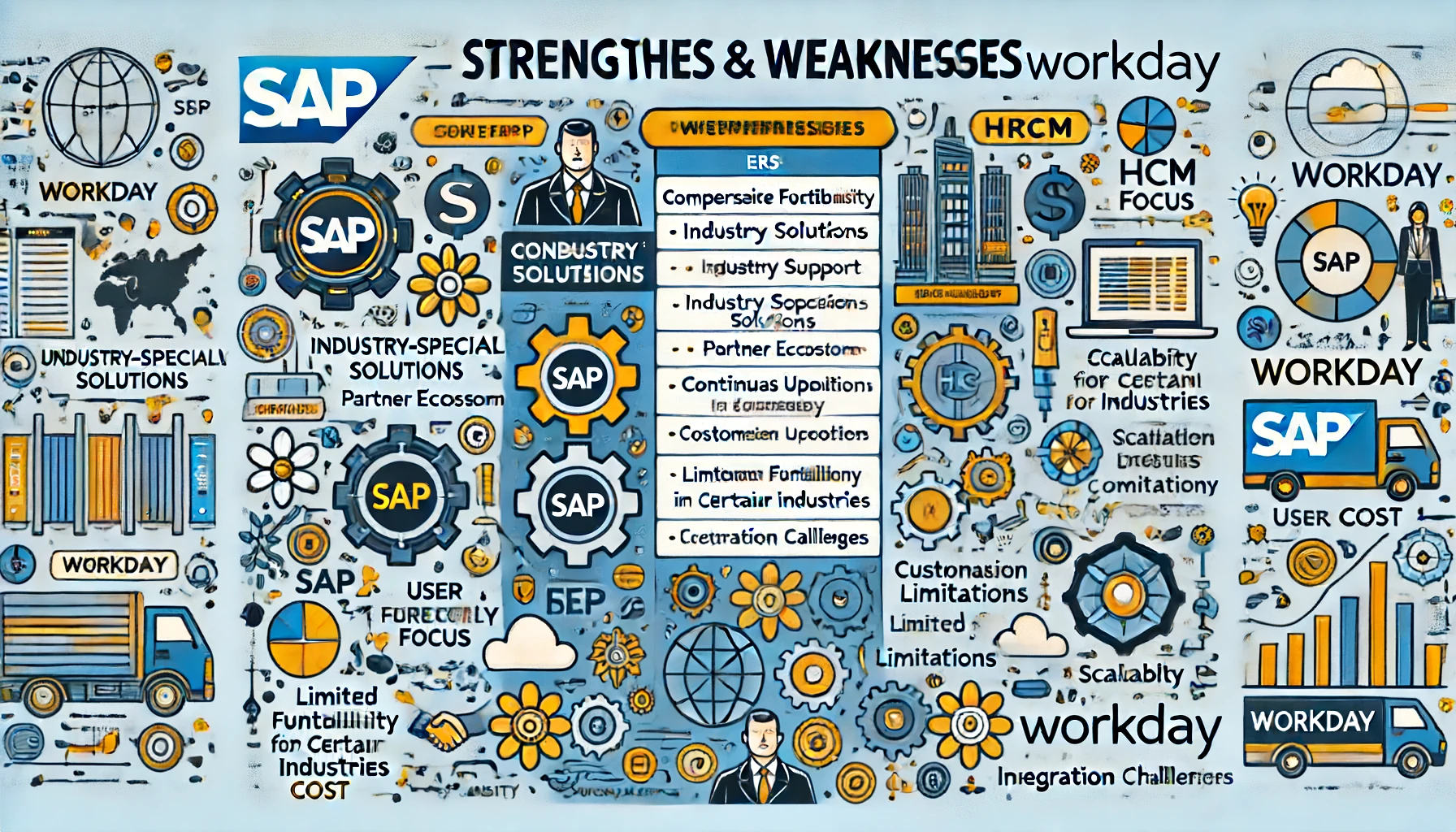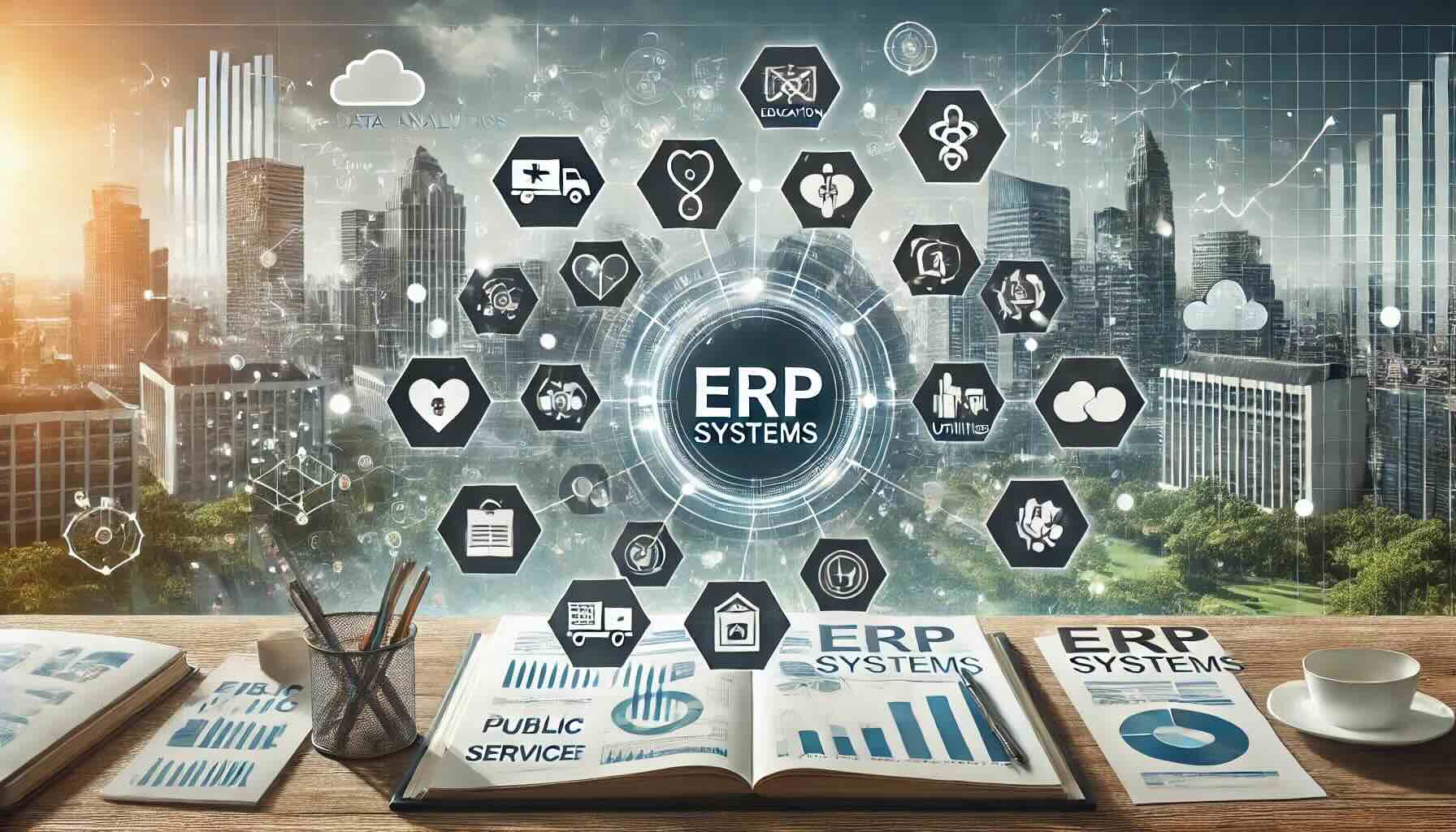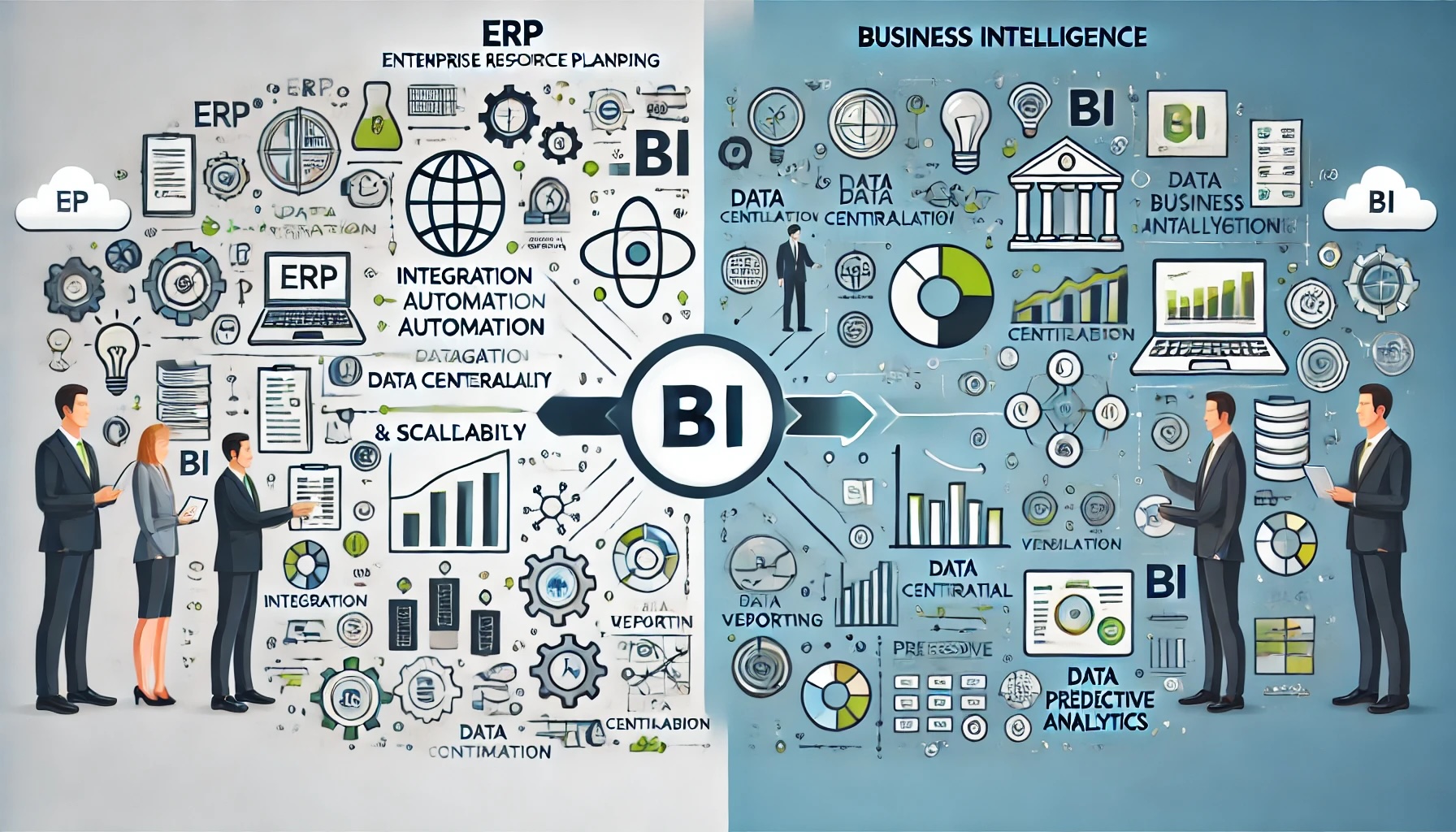Is Acumatica Right for the Transport and Logistics Industry?
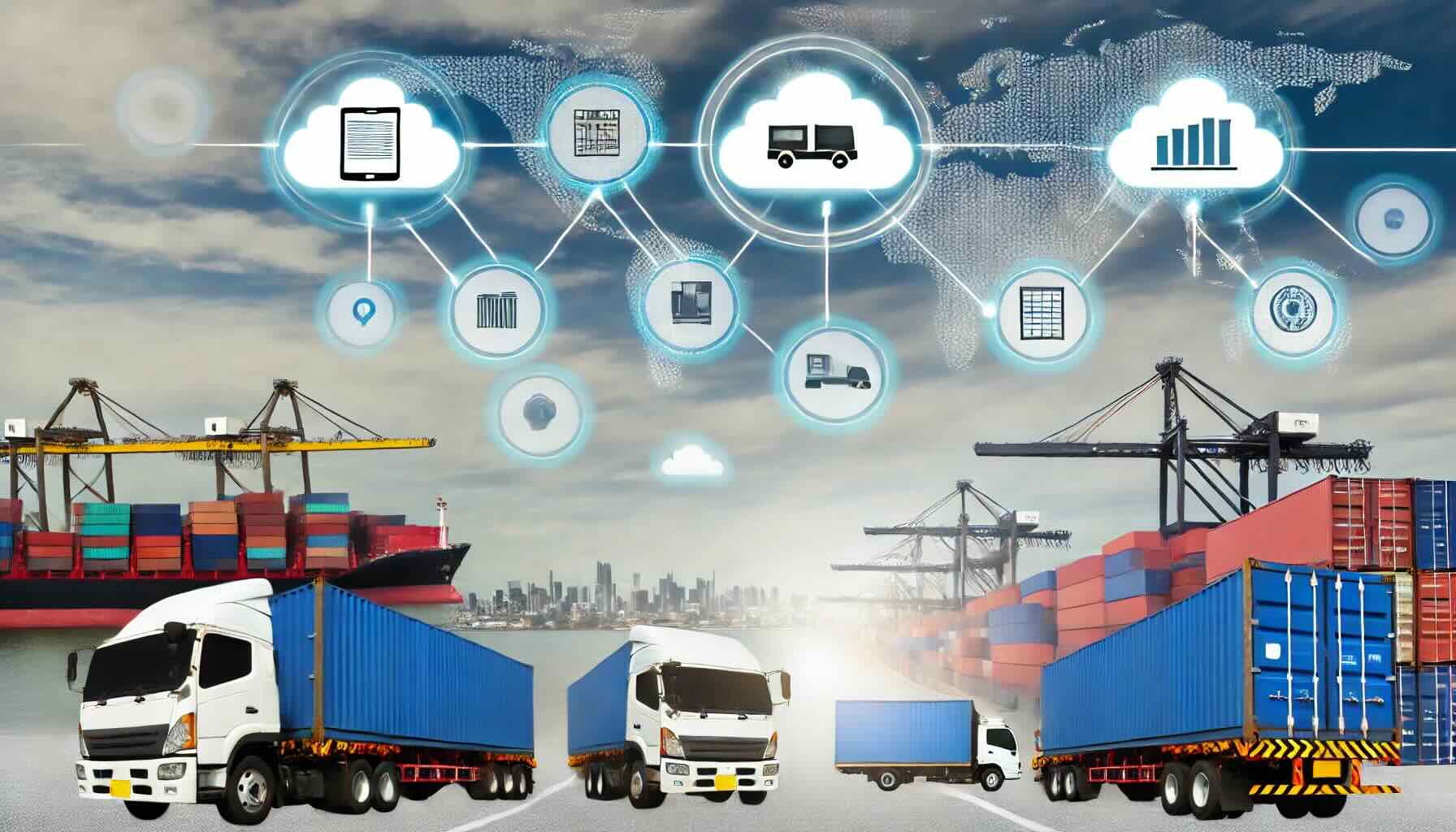
In today’s fast-paced and ever-evolving business landscape, transport and logistics companies face numerous challenges. From fleet management and inventory tracking to compliance with regulations and managing customer expectations, the need for an efficient Enterprise Resource Planning (ERP) system is crucial. Acumatica, a cloud-based ERP solution, has steadily gained traction across various industries due to its flexibility, scalability, and robust functionality. But is Acumatica for transport and logistics the right fit? This article delves into how Acumatica meets the unique needs of the transportation and logistics sector.
Understanding the Needs of the Transport and Logistics Industry
Before evaluating the capabilities of Acumatica, it’s essential to recognize the specific challenges within the transport and logistics sector:
- Fleet and Asset Management: Transport companies rely heavily on vehicles, containers, and other assets to move goods. Proper management of these assets is vital for efficient operations.
- Inventory and Warehouse Management: Logistics companies must ensure precise tracking of inventory across multiple locations, sometimes across borders, to avoid delays and miscommunication.
- Compliance and Regulatory Requirements: Transport and logistics firms must comply with a myriad of regulations, including environmental standards, safety protocols, and international shipping guidelines.
- Route and Shipment Optimization: Efficient route planning and shipment tracking reduce operational costs, fuel consumption, and delivery times.
- Customer Relationship Management (CRM): Meeting customer expectations by offering real-time shipment updates, managing orders, and responding to customer inquiries quickly is critical for maintaining competitiveness in the industry.
Why Acumatica is a Strong ERP Contender
Acumatica offers several key features and benefits that can address the specific needs of the transport and logistics industry. Let’s explore why it might be a good choice for businesses operating in this sector.
1. Cloud-Based Flexibility and Accessibility
One of Acumatica’s standout features is its cloud-based infrastructure. For companies with geographically dispersed operations, this offers several advantages. Acumatica’s cloud-based system allows employees, from drivers and warehouse managers to administrators, to access the platform from anywhere with an internet connection. This accessibility promotes better collaboration and real-time communication across departments and locations.
For transport and logistics companies, which may need to monitor fleets in multiple regions or handle operations at various warehouses, the flexibility to access data anytime and from any device is invaluable. It also allows the scalability needed for growing businesses, without requiring heavy investment in new hardware or systems.
2. Comprehensive Fleet and Asset Management
Managing a fleet involves tracking maintenance schedules, fuel usage, driver performance, and overall vehicle health. Acumatica’s ERP system includes a comprehensive fleet management solution that helps logistics companies monitor and optimize the performance of their fleets. From scheduling maintenance to tracking costs and fuel consumption, this feature helps reduce downtime and operating costs, ensuring the longevity and efficiency of a company’s assets.
Additionally, Acumatica integrates GPS tracking and telematics, giving real-time data on the location of vehicles and assets. This can improve routing efficiency, reduce fuel usage, and ensure that deliveries are on time.
3. Advanced Inventory and Warehouse Management
Acumatica’s robust inventory and warehouse management features make it a strong fit for logistics companies handling large volumes of goods. The ERP system provides real-time tracking of inventory levels, stock movements, and warehouse operations across multiple locations.
For companies involved in international shipping, Acumatica’s built-in support for multiple currencies, languages, and tax regulations ensures compliance with global trade standards. These capabilities help optimize the supply chain by streamlining the flow of goods, reducing the risk of stockouts, and minimizing carrying costs.
4. Real-Time Shipment Tracking and Route Optimization
Acumatica’s platform integrates seamlessly with third-party logistics software and GPS providers, allowing for real-time shipment tracking. This integration helps transport companies provide accurate ETAs to customers, track delays, and optimize routes based on traffic conditions, delivery windows, and weather patterns.
Furthermore, Acumatica’s ERP solution offers route optimization tools to enhance delivery efficiency. By optimizing routes, logistics companies can reduce fuel consumption, minimize wear and tear on vehicles, and improve delivery times. This is a critical feature for businesses looking to cut costs and improve customer satisfaction.
5. Compliance and Regulatory Management
Acumatica helps transport and logistics companies stay compliant with industry regulations by providing tools to manage necessary documentation, safety protocols, and reporting requirements. The ERP system ensures that fleet operations comply with Department of Transportation (DOT) regulations, International Maritime Organization (IMO) guidelines, and other global transportation standards.
Moreover, Acumatica simplifies the handling of environmental regulations by offering tools to monitor fuel efficiency, vehicle emissions, and waste management, helping companies reduce their environmental footprint.
6. Enhanced Customer Service with CRM
Customer expectations in the logistics industry have never been higher. Acumatica’s integrated Customer Relationship Management (CRM) system enables companies to offer superior service by providing real-time updates on shipments, managing orders, and responding promptly to customer inquiries. With a centralized database of customer information, logistics companies can also automate the handling of customer interactions, improving response times and enhancing overall customer satisfaction.
7. Business Intelligence and Analytics
Acumatica offers powerful analytics and reporting tools that help transport and logistics companies make data-driven decisions. By providing insights into fleet performance, inventory levels, customer behavior, and financial metrics, Acumatica allows business leaders to identify trends, forecast demand, and adjust strategies in real-time.
For instance, analyzing fuel consumption patterns can lead to more efficient fleet management practices, while inventory analysis can help streamline supply chain operations. This level of data visibility can help logistics firms optimize their operations and improve profitability.
Is Acumatica the Right Fit for Your Business?
While Acumatica provides a wealth of features that cater to the transport and logistics industry, the ultimate decision depends on a company’s specific needs. Smaller logistics firms may find Acumatica’s flexibility, scalability, and affordability attractive, while larger enterprises with complex operations may require more extensive customization.
However, Acumatica’s cloud-based infrastructure, fleet management capabilities, inventory tracking, and CRM tools make it a strong contender for any logistics company looking to streamline operations, improve efficiency, and offer superior customer service.
Conclusion
Acumatica’s ERP system offers a comprehensive solution tailored to meet the challenges of the transport and logistics industry. Its cloud-based nature, fleet and inventory management tools, route optimization, and real-time data analytics provide logistics companies with the tools necessary to stay competitive in a demanding market. Whether you’re looking to optimize fleet management, improve shipment tracking, or enhance customer service, Acumatica for transport and logistics presents itself as a capable and reliable choice. To find out more about Acumatica click this link.
To compare Acumatica with 100s of other ERP solutions, you can use our new AI-powered Compare ERP tool. It’s free to use and you get a guaranteed discount on your first year’s licence fees with a referral from Compare ERP.
